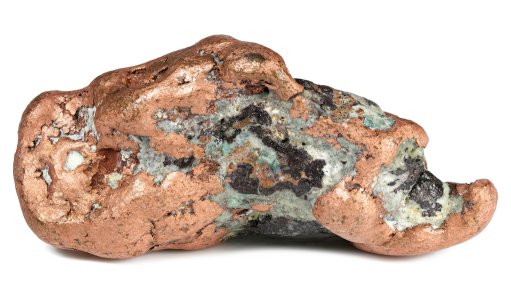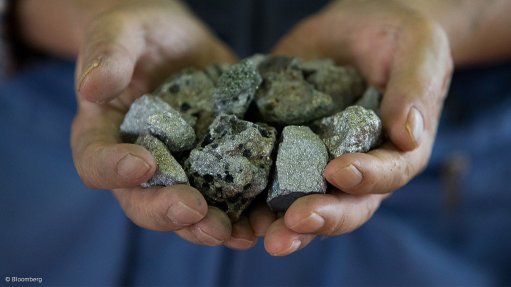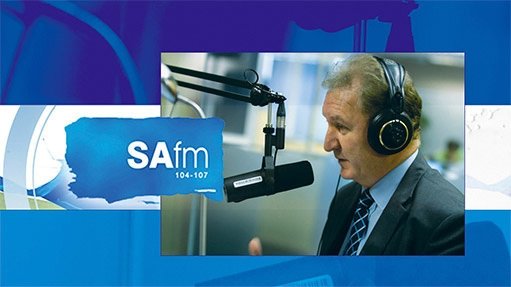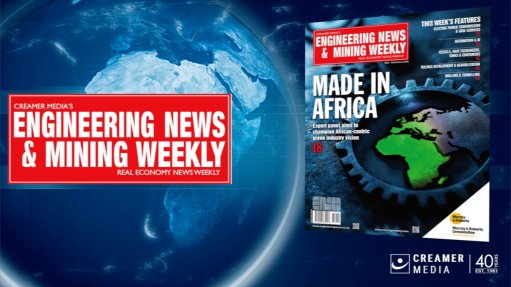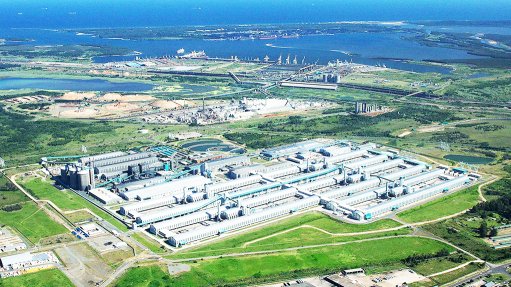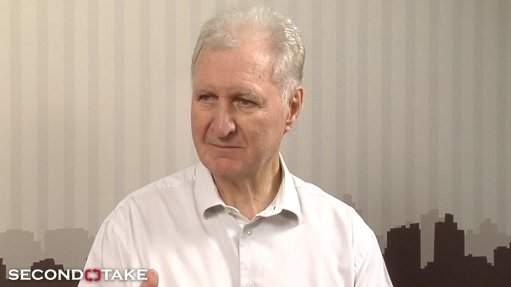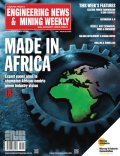Private LTE networks expected to uplift Africa’s industrial, manufacturing sectors in 2023
As demand for private long-term evolution (LTE) networks across Africa increases, there are expectations that it could boost the operations of the industrial and manufacturing sectors during 2023.
Africa’s heavy industrial and manufacturing sectors are increasingly harnessing private LTE networks, amid a need for secure and efficient edge connectivity to accommodate the automation and digital solutions that will lead to improved efficiencies, productivity and profits.
“There is a significant opportunity for African industrial sectors to grasp this flexible, safe and tailored solution to make inroads into boosting operational efficiencies, protecting workers and driving bottom line growth,” says Sedna Industrial IT Solutions MD Anton Fester.
“Private LTE ensures a seamless move from traditional to high-technology manufacturing and will be particularly suitable to run future-fit-enabled applications and can be deployed across sectors like heavy-duty industry, plants, ports, oil and gas and transportation, as well as in areas like healthcare, education and smart cities.”
The mining sector, in many cases, is already an early benefactor of private LTE, as mining groups implement these technological advances towards potentially futureproofing mines, boost innovation and improving safety.
Further market growth is attributed to growing widescale acceptance of these networks in core sectors to support digitalisation and automation.
“Users are increasingly hungry for more data, and with the advent of artificial intelligence and other new applications operating at fifth-generation speeds, the future of private LTE is up,” he points out.
These networks offer an added layer of end-to-end reliability and security, as independent networks have their own radio equipment, and efficiency, with drastically reduced operational downtime, says Fester.
Significant cost savings add to the benefits at a time when cost pressure is mounting, he continues, highlighting a case study at an openpit iron-ore mine in Australia which recorded a €10-million saving after replacing over 150 WiFi trailers with just six LTE “cell on wheels” units.
“[The] operational cost savings were impressive – a 90% drop in “stop” events, which would normally have disrupted operations.”
Fester expects similar results across sites in Africa, citing a project in the Northern Cape the company is involved in, wherein 70 WiFi radios were replaced with just three more efficient LTE radios.
Sedna, in November, signed a major private LTE memorandum of understanding with Nokia to cooperate on the technological advancement and development of Africa’s mining sector, expanding the duo’s long-standing partnership to make Sedna Nokia’s main system integrator for Africa in mining and other industrial applications.
According to Fester, the agreement will see Nokia private LTE networks installed and supported to deliver safer, more efficient and productive solutions in operational areas on the surface and underground.
Sedna will also assist in the solution design and identification of a suitable device ecosystem.
“By strengthening our partnership, we can help to rapidly accelerate the digitalisation of mining and improve efficiencies and outcomes on their Industry 4.0 journey, ultimately ensuring Africa’s rich mining heritage is protected and maximised, thanks to the immense opportunities now on our doorstep,” he adds.
Nokia has already deployed more than 65 private wireless mining networks with over 35 customers worldwide.
Sedna also installed Africa’s first licensed spectrum private LTE network in South Africa, as well as Africa’s first underground leaky feeder licensed spectrum private LTE network.
“This system provides seamless communication underground and from underground to the surface. It is a great example of smart digital technology in action to improve efficiencies and safety in mines,” says Fester.
Sedna also partnered with satellite company Globalstar to harness mid-band spectrum resource Band 53 in Africa to help protect mining assets, improve data connectivity in remote areas and improve worker safety.
“While private LTE is helping protect and grow Africa’s rich mineral deposit extraction, this will also be a game changer in turning industrial activity around and opening the door to exciting, innovative solutions in that create jobs and help boost growth.
“With more demand coming from other industrial users, like original-equipment manufacturers (OEMs) in South Africa, I expect to see growth in the private LTE accelerate going forward.”
Sedna continues to build key partnerships with leading OEMs to ensure its clients stay in step with technology advances to maintain a strategic advantage.
Comments
Press Office
Announcements
What's On
Subscribe to improve your user experience...
Option 1 (equivalent of R125 a month):
Receive a weekly copy of Creamer Media's Engineering News & Mining Weekly magazine
(print copy for those in South Africa and e-magazine for those outside of South Africa)
Receive daily email newsletters
Access to full search results
Access archive of magazine back copies
Access to Projects in Progress
Access to ONE Research Report of your choice in PDF format
Option 2 (equivalent of R375 a month):
All benefits from Option 1
PLUS
Access to Creamer Media's Research Channel Africa for ALL Research Reports, in PDF format, on various industrial and mining sectors
including Electricity; Water; Energy Transition; Hydrogen; Roads, Rail and Ports; Coal; Gold; Platinum; Battery Metals; etc.
Already a subscriber?
Forgotten your password?
Receive weekly copy of Creamer Media's Engineering News & Mining Weekly magazine (print copy for those in South Africa and e-magazine for those outside of South Africa)
➕
Recieve daily email newsletters
➕
Access to full search results
➕
Access archive of magazine back copies
➕
Access to Projects in Progress
➕
Access to ONE Research Report of your choice in PDF format
RESEARCH CHANNEL AFRICA
R4500 (equivalent of R375 a month)
SUBSCRIBEAll benefits from Option 1
➕
Access to Creamer Media's Research Channel Africa for ALL Research Reports on various industrial and mining sectors, in PDF format, including on:
Electricity
➕
Water
➕
Energy Transition
➕
Hydrogen
➕
Roads, Rail and Ports
➕
Coal
➕
Gold
➕
Platinum
➕
Battery Metals
➕
etc.
Receive all benefits from Option 1 or Option 2 delivered to numerous people at your company
➕
Multiple User names and Passwords for simultaneous log-ins
➕
Intranet integration access to all in your organisation





